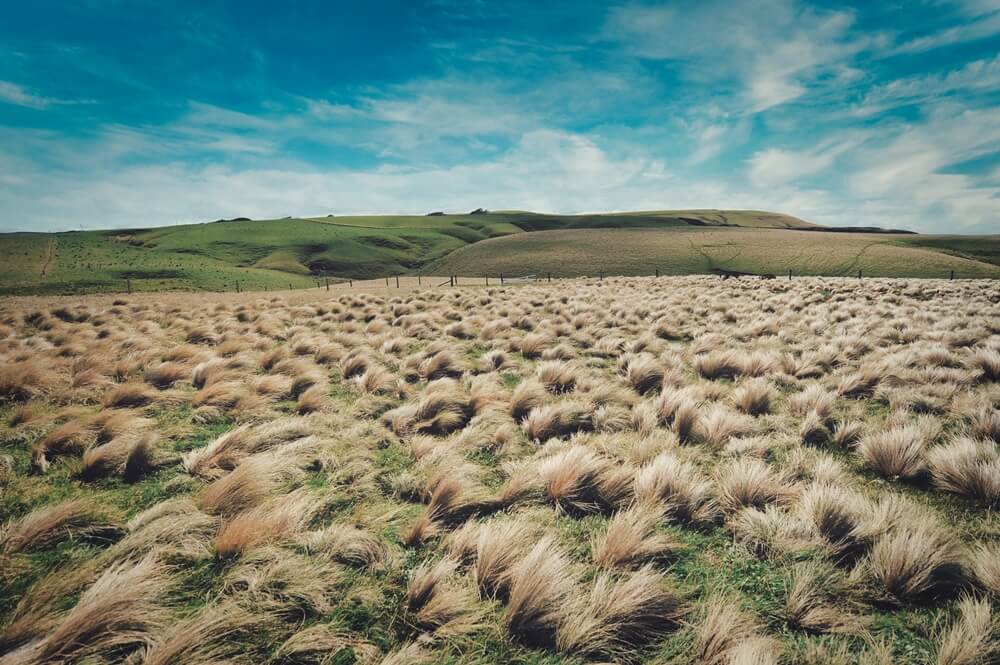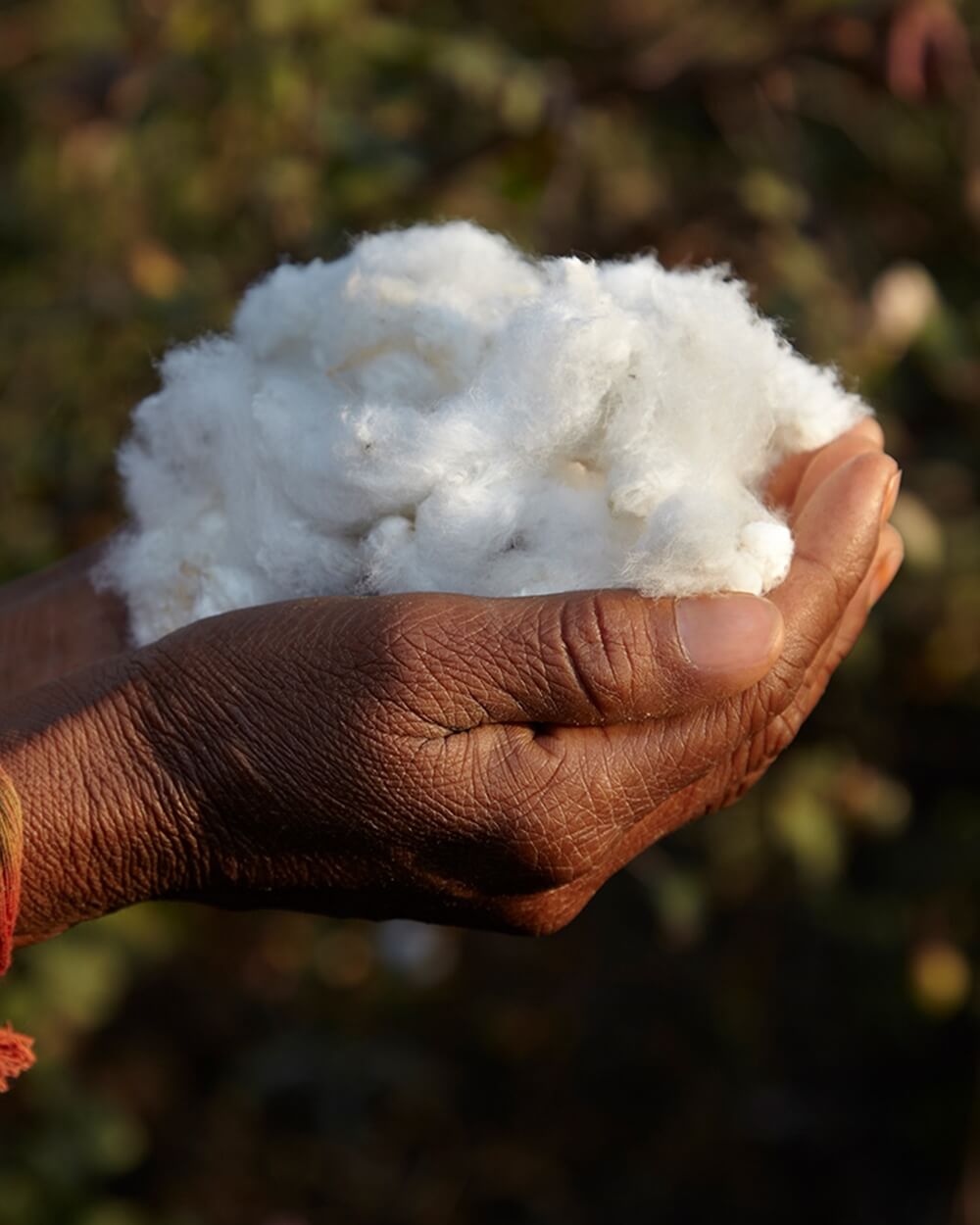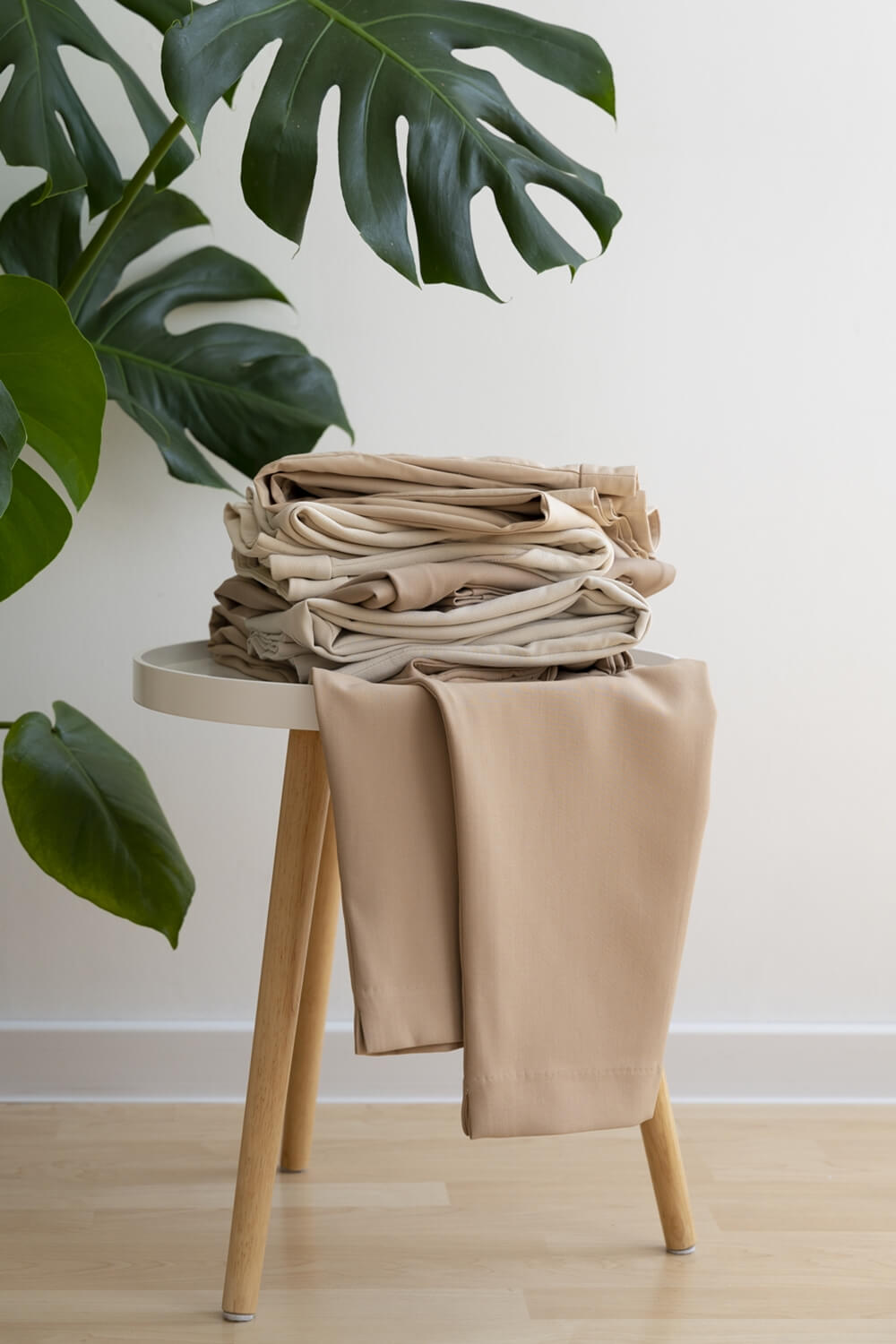As we become increasingly aware of the environmental impact of our choices, many of us are looking for sustainable options and alternatives in all parts of our lives, including our wardrobes. Organic cotton has become a popular eco-friendly choice because it's considered better for the environment than regular cotton. But is organic cotton truly a kinder choice for the planet?
What is Organic Cotton?

Organic cotton is grown using methods that follow strict organic agricultural standards. This means saying no to harmful synthetic pesticides and fertilizers, and instead, relying on natural methods like crop rotation, beneficial insects, and compost to maintain soil health and control pests. This shift to organic practices brings a multitude of environmental benefits.
Organic cotton farming eliminates the use of toxic chemicals, this protects the health of farmers, surrounding communities, and ecosystems. It also promotes biodiversity, conserves water, and reduces greenhouse gas emissions, contributing to a healthier planet.
Sounds pretty good, right? But before we call organic cotton the perfect sustainable solution, it's important to consider the other side of the story.
The Other Side of the Story

Even though organic cotton is great for the environment and its benefits are indisputable, there are a few things to keep in mind. One major challenge is the lower yield of organic cotton compared to regular cotton. This means more land is needed to produce the same amount of cotton, potentially leading to habitat loss if not managed responsibly.
Also, organic cotton farming can be more labor-intensive, resulting in higher production costs and ultimately, a higher price tag for consumers. This can make organic cotton clothing less accessible to everyone, raising questions about inclusivity and affordability within the sustainable fashion movement.
A Balanced Perspective

So, where does this leave us? Is organic cotton a kinder choice for the planet? The answer, like most things in life, is not black and white. While organic cotton offers big environmental benefits compared to regular cotton, it's not a perfect solution.
It's important to remember that sustainability is a journey, not a destination. There is no single perfect answer, and we must consider the entire lifecycle of a garment, from production to disposal.
Other sustainable fabrics like recycled cotton, linen, and hemp also offer compelling environmental benefits. In the end, the most sustainable choice is to consume less, invest in high-quality pieces that will last longer, and support brands committed to transparency and ethical practices.
Small Step in the Right Direction

While organic cotton may not be a perfect solution, it represents a significant step in the right direction for a more sustainable fashion industry! Choosing organic cotton makes a big difference, it supports environmentally friendly farming, protects the health of farmers and ecosystems, and reduces our overall environmental footprint.
As technology advances and the demand for organic cotton continues to grow, we can expect to see even more improvements in its affordability and accessibility.
The Benefits of Choosing Organic Cotton
Organic cotton offers a multitude of benefits, not just for the environment, but also for the people who grow and wear it.
Environmental Benefits:
- Reduced Pollution: Organic cotton farming eliminates the use of harmful synthetic pesticides and fertilizers, protecting our air, water, and soil from contamination. This protects the health of ecosystems and reduces the risk of water pollution and soil degradation.
- Improved Soil Health: Organic farming practices focus on building healthy soil, which is essential for plant growth and food security. Healthy soil also acts as a natural carbon sink, helping to combat climate change.
- Water Conservation: Organic cotton farming typically requires less water than conventional cotton farming. This is because healthy soil retains moisture better, and organic farmers often use water-efficient irrigation methods. These methods mean that 91% less water is used in the production of organic cotton (from farm to bale) compared to conventional (i.e. non-organic) cotton
- Biodiversity Protection: Organic cotton farms provide a haven for beneficial insects, birds, and other wildlife. This promotes biodiversity and creates a healthy and balanced ecosystem.
- Combating Climate Change: Organic farming practices help to reduce greenhouse gas emissions, contributing to the fight against climate change.

Human Health Benefits:
- Cleaner water: Chemicals from cotton farms can make water dirty and harm people who drink it or use it for farming. Organic cotton farming doesn't use these chemicals, so it keeps the water cleaner for nearby communities.
- Reduced Risk of Allergies and Skin Irritations: Organic cotton clothing is free from harsh chemicals and residues, making it a good choice for people with sensitive skin or allergies.
- Farmer Safety: Organic cotton farming eliminates exposure to harmful chemicals, protecting the health and safety of farmers and farmworkers.
- Supporting Fair Labor Practices: Many organic cotton producers are committed to fair labor practices and provide safe and healthy working conditions for their employees.
What You Can Do

As consumers, we hold immense power to impact the future of the fashion industry through our purchasing decisions. Every time we choose organic cotton products, it's a vote for sustainability! We show brands and retailers that we care about the environment and ethical practices.
Firstly, we can actively support brands that are committed to using organic cotton and other sustainable materials. Researching brand values and production practices allows us to make conscious choices and invest in companies that align with our values.
Secondly, prioritize quality over quantity. While organic cotton products may sometimes have a higher price tag, they are often more durable and last longer. This saves us money in the long run and reduces waste! Investing in high-quality, long-lasting pieces is a sustainable choice that benefits both our wallets and the environment.
Finally, the simplest thing we can do is spread the word! Share information and blogs with friends and family. Talk about the benefits for the environment, farmers, and even ourselves.
Every small step we take adds up. Together, we can inspire a more sustainable and ethical fashion industry where style and sustainability go hand in hand.

